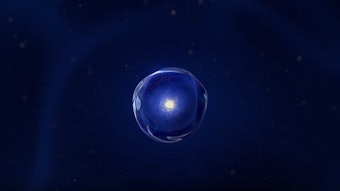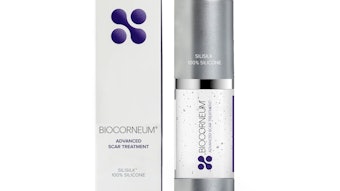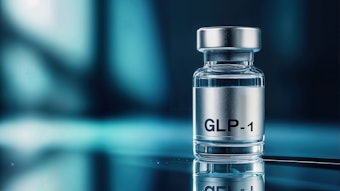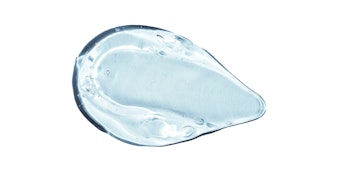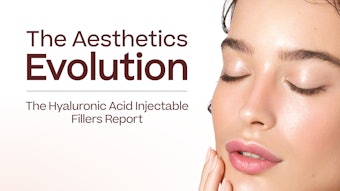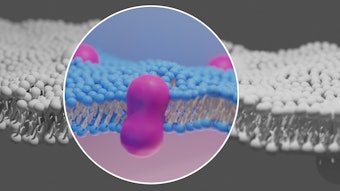
Recent work published in Endocrine Reviews highlights the potential of hormones to improve signs of photoaging and hair graying. The research explored pivotal hormones controlling skin aging, such as insulin-like growth factor 1, growth hormone, estrogens, retinoids and melatonin, along with other emerging endocrine actors.
Key findings, per the study, included the following, among others.
- IGF-1, a fibroblast-derived hormone produced in the skin, is a key coordinator of cellular senescence that regulates cutaneous stem cell pools.
- Additional (neuro)endocrine signals from hormonal axes or the skin itself, including the hair follicle, further regulate molecular UV light-induced damage responses and mechanisms of skin aging.
- Estrogens and retinoids remain the most commonly used anti-skin aging compounds.
- Newer (neuro)endocrine mediators such as melatonin, oxytocin, melanocortin peptides or endocannabinoids may further enrich the endocrine toolbox for future intervention against skin and hair aging.
More specifically regarding the latter, according the Endocrine Society, promising effects on UV-induced stress involved in photoaging and pigment synthesis within skin and hair were demonstrated by:
- α-melanocyte-stimulating hormone, responsible for skin pigmentation;
- members of the hypothalamic-pituitary-thyroid axis;
- oxytocin;
- endocannabinoids found in CBD products; and
- peroxisome proliferator-activated receptor modulators.
"Further research into these hormones may offer opportunities to develop new therapeutics for treating and preventing skin aging,” said Markus Böhm, M.D., lead author on the study.

